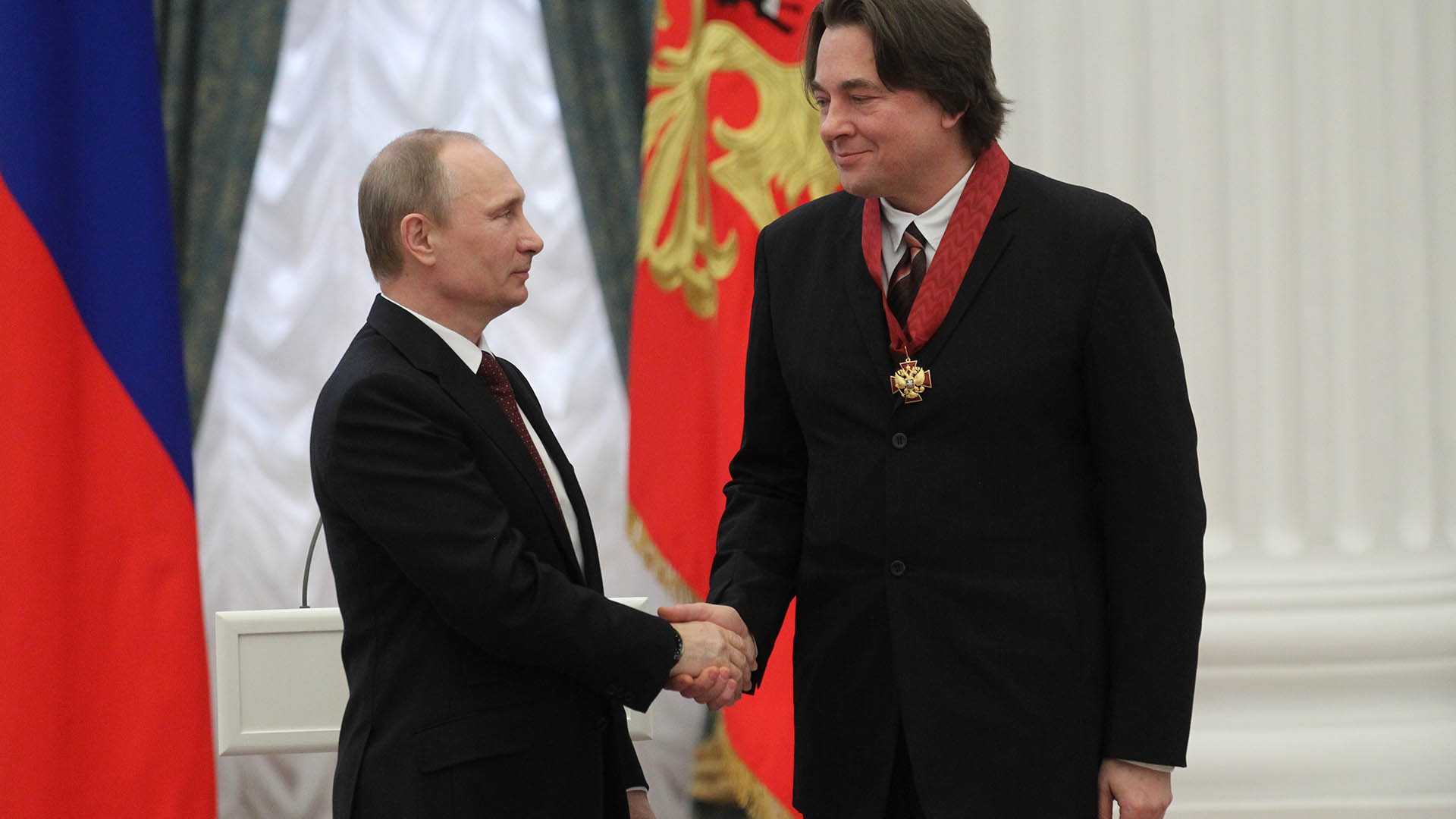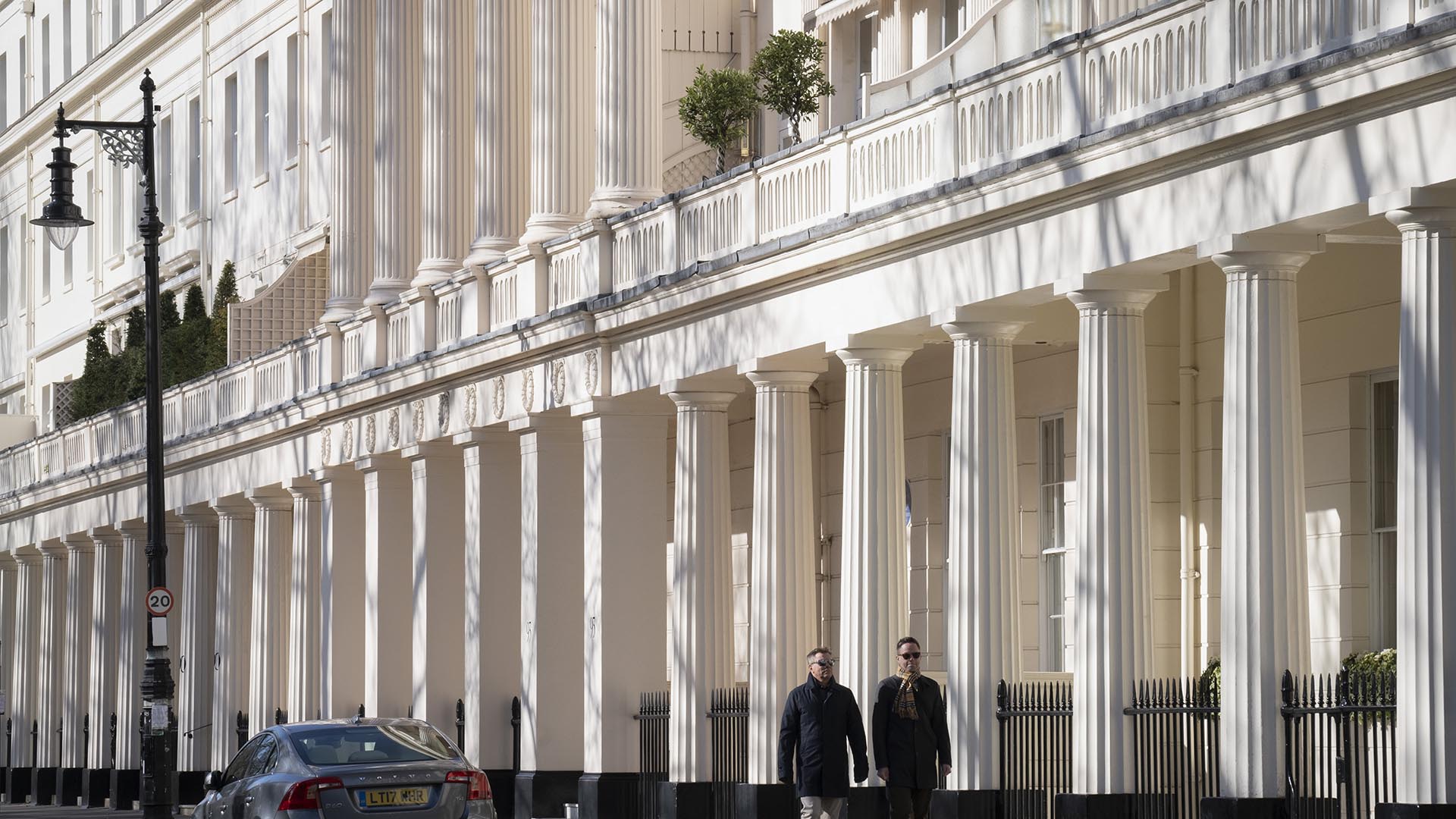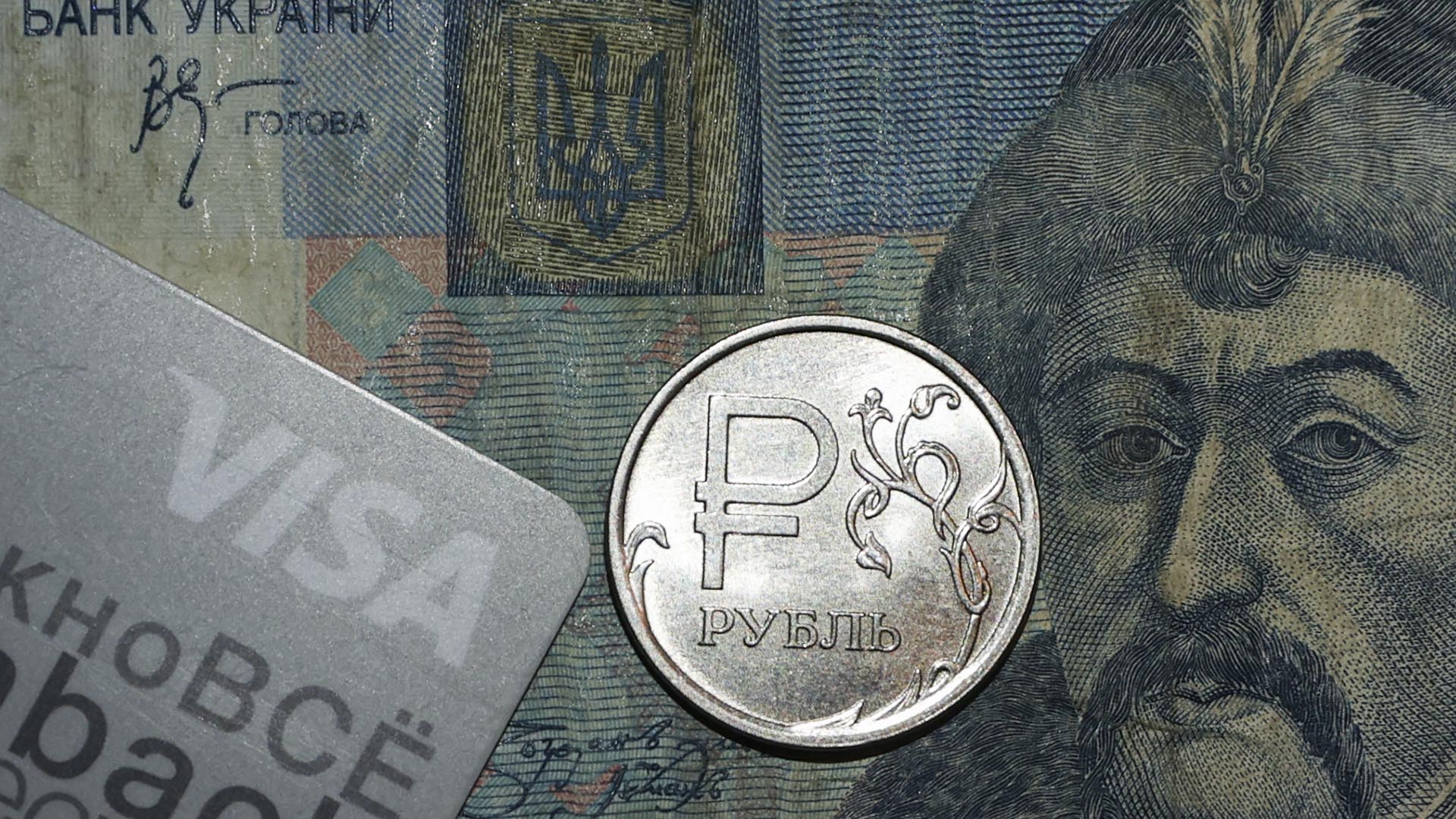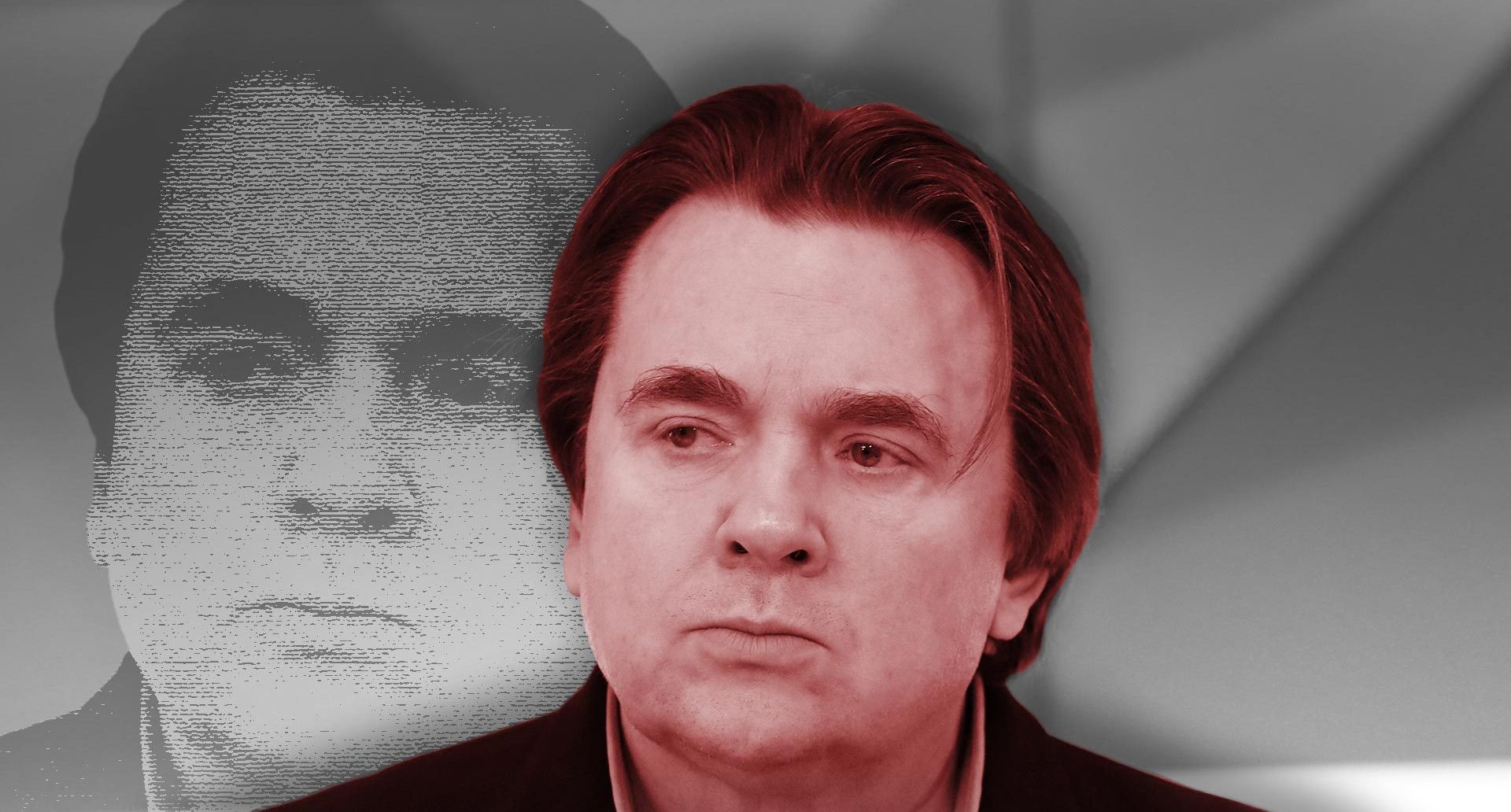In another Western response to Russia’s invasion of Ukraine, Canadian Prime Minister Justin Trudeau announced economic sanctions against 10 close allies of Russian President Vladimir Putin, including prominent figures in Russia’s media and information apparatus.
Among those targeted by the Canadian sanctions is Konstantin Ernst, considered Putin’s top image maker and the head of television broadcaster Channel One, as well as television personality Vladimir Solovyov and Margarita Simonyan, editor-in-chief of state television news network and the Russia Today news agency.
“These sanctions will increase pressure on Russia’s leadership, including on Putin’s inner circle,” Trudeau told reporters on Monday in London, where he met British Prime Minister Boris Johnson and Dutch Prime Minister Mark Rutte.
Trudeau said the names of those sanctioned came from a list compiled by jailed opposition leader Alexei Navalny, and includes former and current government officials, oligarchs and supporters of the Russian regime.
Other newly sanctioned individuals include: Health Minister Mikhail Murashko,Agriculture Minister Dmitry Patrushev, the oligarch Oleg Deripaska and State Duma member Pavel Krasheninnikov, among others.
Last October, Ernst was the subject of an exposé by the International Consortium of Investigative Journalists, which revealed that the propaganda chief held a secret stake in a real estate privatization deal financed by a state-linked bank.
The ICIJ probe, part of the 2021 Pandora Papers investigation, showed that Ersnt was a secret partner in a deal to buy 39 valuable Soviet-era cinemas and surrounding property from the city of Moscow. The deal was financed by VTB Bank, one of the sanctioned banks, also known as Putin’s “piggy bank.” The properties were sold at the minimum price set by a Moscow government-run auction to layers of shell companies.
Pandora Papers documents show that Ernst was also the beneficiary of a $16.2 million loan – from a Cyprus bank partly owned by VTB – used to fund his stake in the deal. The files also show the bank instructed offshore lawyers to keep documents detailing Ernst’s connection to the loan out of government records in the British Virgin Islands, where the shell companies concealing the deal were incorporated.
Further, the Pandora Papers documented how Ernst was joined in the partnership by a Russian media figure who is linked to some of Putin’s closest and most powerful allies, including Ernst’s bosses at Channel One.
Ernst acquired his stake in the deal only months after his triumph producing the opening and closing ceremonies of the 2014 Sochi Winter Olympics, a dazzling spectacle that drew plaudits from critics and was widely credited with boosting the Russian’s leaders then-flagging international standing.
By the end of 2019, Ernst’s stake in the cinema development deal was worth around $140 million, according to Cypriot corporate records.
Ernst has been head of Channel One, Russia’s leading TV network, for as long as Putin had been president, and has played a critical role in creating Putin’s image as the savior of the Russian state.
In an email exchange with ICIJ last fall Ernst denied having hidden his involvement in the real estate development or having done anything wrong. “This is how my parents raised me,” he wrote.
He said: “I’m not going to answer your questions, not because I’m afraid of anything, only because I’m more than sure you are not an independent investigation company but an organization commissioned by the US secret services. And that has nothing to do with the independent journalism.”
He later sought to retract his statements when ICIJ did not agree to publish his email in full.




